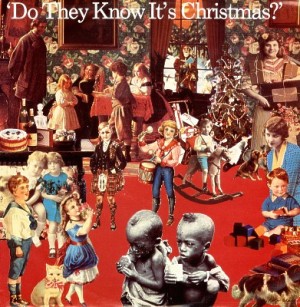Collaborative School Projects in Europe
eTwinning is an educational programme which promotes and offers tools for setting up joint educational projects in the Internet among two or more educational institutions in different European countries, based on cooperative work, the use of ICTs and the realization of the potential of the European dimension in education.
eTwinning began in 2005 as part of the European Union eLearning program for the integration of the new information and communication technologies (ICTs) in the education and training systems existing in Europe. It is currently a measure which accompanies the action of the Comenius programme within the Lifelong Learning Programme which started in January 2007 and will finish its present phase in 2013. The eTwinning platform unites at present approximately 90,000 teachers registered in Europe (more than 8,300 of whom are Spanish) and about 5,000 active projects (data from March 2010).
Joint school projects, which are more and more frequent in Europe, motivate the students from different countries to cooperate together. They learn from other cultures while they are practising skills related to the new technologies and foreign languages and develop contents from any of the subjects in the study programme.
The teachers have the opportunity to meet other European teachers and exchange ideas, which helps them to improve their own teaching methods by comparing and applying different approaches, broaden the knowledge of a precise field or simply exchange information.
In 2010, the number of participating countries was 32, of which 5 do not belong to the European Union (EU): Austria, Belgium, Bulgaria, Croatia (non EU), Cyprus, Czech Republic, Denmark, Estonia, Finland, Former Yugoslav Republic of Macedonia (non EU), France, Germany, Greece, Holland, Hungary, Iceland (non EU), Ireland, Italy, Latvia, Lithuania, Luxemburg, Malta, Norway (non EU), Poland, Portugal, Rumania, Slovakia, Slovenia, Spain, Sweden, Turkey (non EU) and United Kingdom.

























